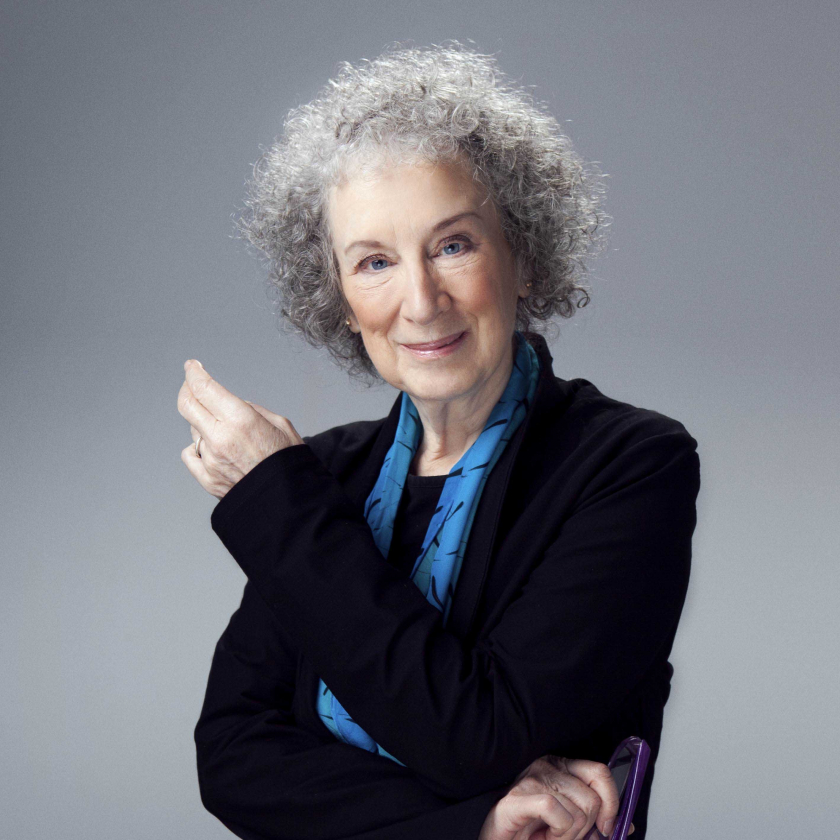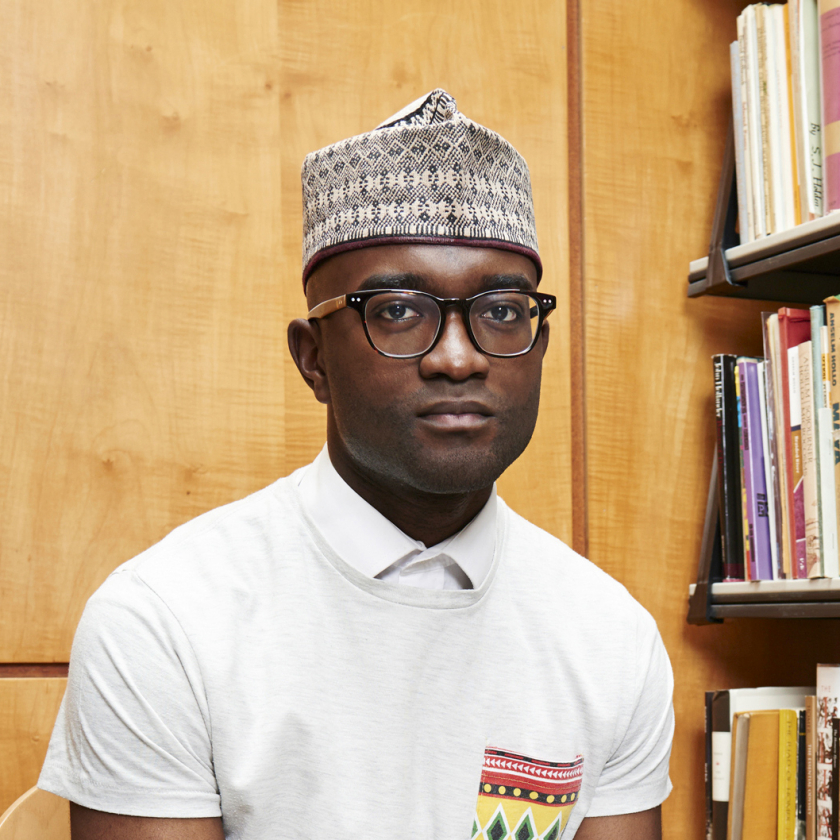Everyone peaked too early.
You remember. The beginning of lockdown, when suddenly half of your friends were FaceTiming you about Tiger King, or downloading a language app, and so many people ordered yoga mats online that they took an estimated six weeks to be delivered. Now the yoga mat gathers dust in the corner, you type je tu il elle into your phone without knowing why. Remember hating Carole Baskin? Now it’s hard to remember who she is.
So how do we reset? Those of us who aren’t essential workers, or haven’t been sent back to work with the changing regulations – how do we introduce variety without putting ourselves and others at risk, find new ways to give ourselves peace of mind, and renew the sense of possibility and determination that we felt before?
This week, the Metal Health Foundation in the UK released its guidelines on looking after your mental health during the pandemic. Recognising how vulnerable and overwhelmed people can feel – by the conditions of their household, the fact that a loved one might be at risk at home or at work, or the loss of their usual freedoms – it offers resources, practices, names and numbers to help.
But, as the Literature on Lockdown blog notes this week, it’s also not so long since Arts Council England published their findings on reading for pleasure: the moments when we turn to books for entertainment, enjoyment, self-improvement and wellbeing. Before that, Reading Well for Mental Health found the right books to help people through difficult experiences, while Penguin made a list to help lift people’s spirits.
So. Perhaps you want to think seriously about the subject, by looking at one of Barnard College’s recently-collected zines on the pandemic. Perhaps you’re after escapism in one of the books shortlisted for the Encore Award. Perhaps you want something that you know will help in real terms, but will be artistically free – like the Def Poetry Jam fundraiser this weekend. Or perhaps you want to get back something you thought you’d be missing out on. This week, the Hay Festival goes digital with a huge catalogue of events. Whichever it is, Literature on Lockdown has these, and more, to help you through.
Read
Find out where you fit into Arts Council England’s recently-published Reading For Pleasure report, which begins with a look at the UK’s reading tendencies and demographics, explores the reasons people read (and the reasons people don’t read), the likely audiobook audiences, and looks at the benefits of reading for improved mental health.
If you’re looking to immerse yourself in a single topic, Glasgow Women’s Library have put together reading lists around various subjects, including motherhood, environment and futurity, a BAME reading list, and a new trans reading list – which includes Andrea Lawlor’s cult hit of 2019, Paul Takes the Form of a Mortal Girl, and Leslie Feinberg’s legendary, genre-creating Stone Butch Blues.
For Spanish-speakers, Paula Maria Silva, Arts Manager British Council Colombia, recommends writer Richard Solva Romero’s new YouTube series, where he’s been doing spoken word readings of his book, Historia Oficial del Amor (An Official History of Love) – a history of Colombia and of one Colombian family. Writers, actors and many others are reading a chapter a day, and you can watch and listen to the whole book over 30 days.
Currently, readers can probably be separated into those of us who want to read more about Covid-19, to understand it, and those of us who want to escape into another reality entirely. But for a fresh perspective from either side, check out Barnard College’s ‘Quaranzine Library’, which has PDFs of self-made zines produced since the crisis, including the Asian American Feminist Collective’s Antibodies: Care in the Time of Coronavirus. If you’re a writer yourself, they are looking for further contributions from women and non-binary zine-makers.
Participate
Children’s publisher Puffin and Waterstone’s booksellers are launching The Festival of Big Dreams, a seven-day online festival featuring a range of its authors and illustrators including Jacqueline Wilson and Nick Sharratt. The festival starts on 8th June – so if you’ve got time to fill before then, why not look at the Writing East Midlands YouTube, where writers including Ioney Smallhorne, Joe Marsh and Karen Rust are leading online workshops for young writers. The workshops focus on fantasy, wordplay, doodling and experimenting: all the things that, if you were still in school, you might not have the freedom to try out.
If you’re struggling to write under lockdown, perhaps focusing on a smaller word count will help: the Bridport Prize for Flash Fiction is accepting entries until 31 May. Entries should be no more than 250 words, and the prize is open to writers of any nationality, writing in English, aged 16 and over. For more information visit their page to read their guidelines and gain some valuable advice.
The end of May also marks the deadline for the Creative Futures Writers’ Award 2020, the Uk’s only national writing competition and development programme for writers from under-represented backgrounds, including LGBTQ+, BMER, and traveller communities, neurodivergent writers, and those with mental or physical health issues. For more information, visit the Creative Futures website.
Discover
The legendary Def Jam Poetry series – which in the early 2000s featured writer-performers including Nikki Giovanni, Taylor Mali, and Malik Yusef, alongside musicians such as Erykah Badu and Alicia Keys – returns for a livestream this week, ‘An Evening of Healing, Power and Poetry’, on May 23rd, to raise funds for people in Newark in need during the pandemic. Headlined by Jill Scott and Mayor of Newark Ras Baraka – also a spoken word performer, editor of the anthology In the tradition, and featured on The Miseducation of Lauryn Hill – will be headlining the event, which will stream on Twitch and Facebook.
The winner of the 2020 Deborah Rogers Foundation Writers Award has been announced as ‘Pemi Aguda, for her novel The Suicide Mothers. While Aguda’s novel is still in progress, many of her stories, including 24, Alhaji Williams Street and Manifest, can be read online through the Zoetrope and Granta websites.
The winner of the New Welsh Writing Awards has been announced: Susan Karen Burton, for The Transplantable Roots of Catharine Huws Nagashima, a non-fiction about hybrid national identity, set in Wales and Japan. Burton’s winning entry will be published under the New Welsh Review’s New Welsh Rarebyte imprint online. You can watch Burton reading an extract of the award-winning work here.
Books by writers including David Keenan, Shiromi Pinto and Luiza Sauma have been shortlisted for the Royal Society of Literature’s Encore Award, a prize given to authors for their second novels. The subject matter across the six shortlisted books includes punk music and the IRA, the first Sri Lankan architect Minnette de Silva, and a futuristic way of escaping social media – all subjects that take us away from our present condition but, in the universality these stories find, return us to it.
News
The British Council is delighted to part of the Hay Festival’s move online, partnering with the festival for six free online events featuring UK and international writers including Margaret Atwood, Ali Smith, Inua Ellams, and Afua Hirsch. Each event can be watched by anyone in the world until 25 May. Famous names including Stephen Fry and Vanessa Redgrave will also be at the festival, as will the newly-published 16-year-old writer Dara McAnulty, whose book Diary of a Young Naturalist has received praise from Chris Packham and Robert Macfarlane.



